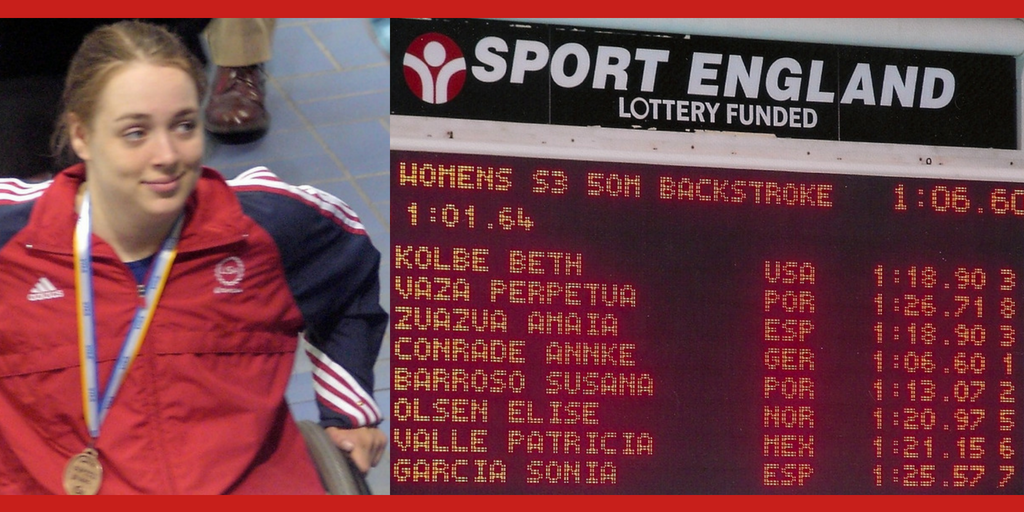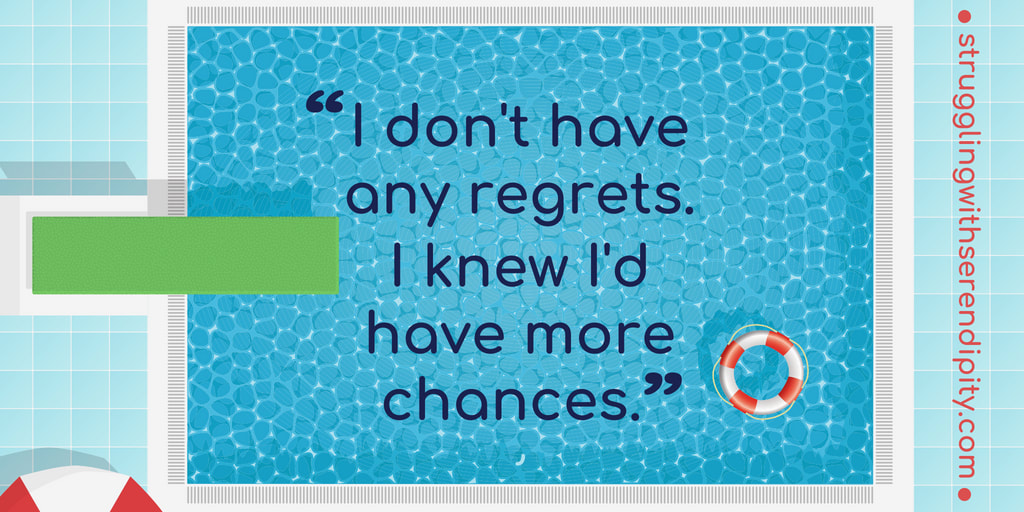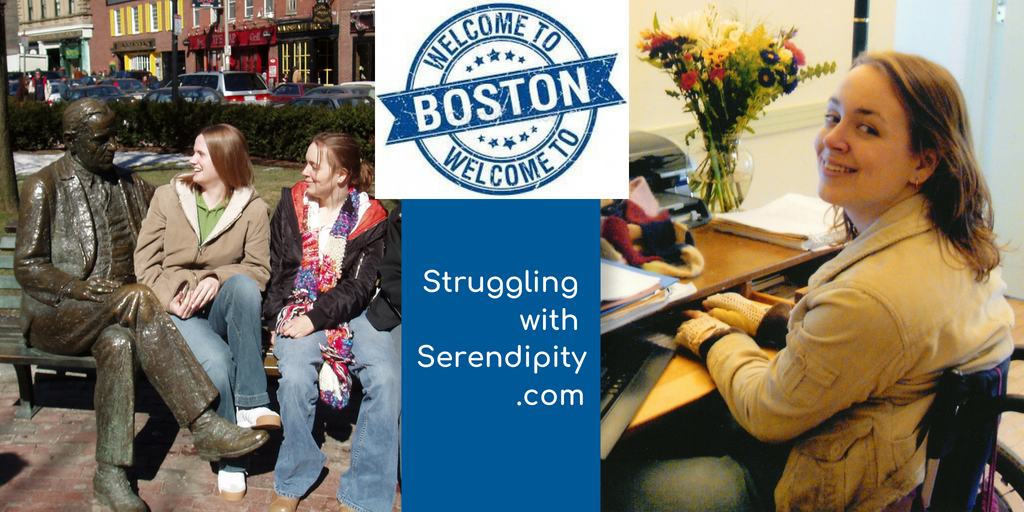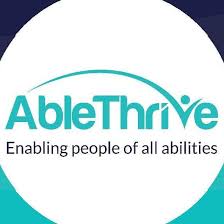 (This blog tells my family's story. To see more, click "blog" at the top of this webpage.) Dear Readers: This post is not typical. This is about my struggle with depression in Massachusetts. Thanks for following! -Cindy ❤ I usually was not an excessive worrier. The crippling anxiety I experienced earlier, after Beth’s spinal cord injury, had been triggered by guilt and deadly health risks. When I lived near Harvard, I worried only a bit about all my children, and general things like them finding meaningful work and a loving partner. Maria and Ben had significant others; however, my youngest felt no rush to date. She had a very full plate. Both of my girls thought it appalling that I had married one week before my nineteenth birthday, much too young in their minds. We had no way of knowing that Beth’s first steady boyfriend lived across Harvard Yard in another freshman dorm, or that they would not meet until graduate school in another state. At the end of the school year, my mood plummeted quickly after I gradually discontinued Zoloft. I banked on my body adjusting over time, and it did, but not in the direction I hoped. At the same time, my roommate Janet left for Ohio to be married, which meant I needed to move out of the apartment before her honeymoon ended. For the month until the school year finished, when I would drive home to Ohio with Beth, I arranged to sleep on a sofa bed in a Coop friend’s apartment north of campus. On my moving day, I woke up to an alarming new low, exacerbated by a piercing, throbbing headache and a flare of intense fibromyalgia. I relied daily on Celebrex, an anti-inflammatory medicine, to reduce the headache. Unfortunately, the maximum dose couldn’t reach this higher level. Over-the-counter pain drugs didn’t work for me, and I had a bad reaction to opiates, so there were no good pain options. Deep sadness stung, mentally and physically. Every small thing seemed much too difficult. I forced myself to go through the motions for my morning personal care assistant job, barely saying a word and wiping tears away discreetly. After, I trudged through the thirty-minute walk from the Quad to my apartment on auto drive. I passed through the tiny apartment for the last time to take the garbage out, my steps creaking on the uneven floor. Janet bought my bed, and I left her my lamp and the bedding. When I pushed my key under Janet’s door, I carried my duffel, the same one I moved in with eight months earlier. I left the duffel in the trunk of the car. I had the day off from the Coop and planned to move into my temporary housing that evening. I stood at a corner, overwhelmed by sadness and the simple choice of which street to cross. And the idea of moving to a friend’s apartment where I’d never been before. The sunny day colored in despair, carrying me back to my old guilt and regret. I couldn’t stop crying. I felt weak and worthless. Frustrated and embarrassed, I decided not to reach out to John, or anyone. I didn’t have anywhere to go, no bed to curl up on, so I rode the T into Boston with the plan of hiding in a movie theater while I regained control. Instead, I paced in the expanse of the Boston Common, trying to calm down enough to call my friend Bonnie. I told her I’d move in the next day instead of that evening. I walked aimlessly, not caring how I looked. Far from home, I didn't know anyone in Boston. Even in tears, I certainly wasn’t the strangest sight in the Common on that or any other day. Next: Depression and Hope!
14 Comments
(This blog tells my family's story. To see more, click "blog" at the top of this webpage.)
The spring sunshine brightened my view. I ran low on my anti-depressant with no refills, so I gradually discontinued the Zoloft and packed for a long weekend abroad. Beth headed back to Boston's Logan airport in May for her first overseas trip, a month after the Michigan meet. She accepted her invitation to the inaugural Paralympic World Cup in Manchester, England. British Paralympics paid the travel expenses for every athlete and coach attending from around the world, with funds from their national lottery. Peggy and I flew to Manchester on our own dimes, though she had started the process to become a U.S. Paralympics coach. I had been to England during my summer as an exchange student in Norway, but only in the London area. We explored Manchester’s stunning town square and massive historic buildings. The large pool complex held teams and spectators from every corner of the world. The World Cup was Beth’s first official meet as a member of Team USA. She didn’t request a personal care assistant for the trip because she didn’t require one, but I missed being with her in the hotel, the locker room, and on deck. Like others on the USA team, even those with better-working hands and arms, Beth squeezed in and out of a new tight leg suit with help from team coaches who called themselves “hiney hikers.” Beth’s hotel bed in Manchester was too high for her to get in it independently. She asked a teammate to remove her twin mattress and prop it along a wall. She slept on the hard box springs to avoid asking for help to get into bed. I didn’t find out until after the trip. It felt strange for Peggy and me to be spectators in the upper stands instead of in the middle of things on deck. She couldn’t sit still and often watched the meet standing up. Beth competed in the 100 freestyle in a mixed heat with swimmers in higher classifications. She reset her American Record in the event, swimming her fastest stroke, the back, during freestyle races. For Beth’s big race, the 50-meter backstroke, Peggy and I watched S3 swimmers wheel or walk to the starting blocks while the announcer introduced them to the overflowing crowd. A wide range of disability was apparent, including cerebral palsy, spinal cord injury, and limb differences. In a perfect world, they all had identical functional abilities. Beth held the world ranking of eighth in the 50 back. She took her place in a full heat of S3 female swimmers for the first time. A rare race with true competitors. After the buzzer sounded, she could see the swimmer in the next lane moving at a similar pace —also a first for Beth. I stood up and cheered as she picked up her pace, touching the wall in time to earn an unexpected third place bronze medal. After the race, officials “tagged” Beth for random drug testing. They followed her to the cool down pool and then to the staging area to be presented with her medal. Kiko, a friendly U.S. Paralympics coach, stayed with her and other teammates being tested, while the rest of the team returned to the hotel. Beth’s times moved her up in the IPC World Rankings to sixth in the 50 backstroke and seventh in both the 50 and 100 freestyle. The last evening at the first World Cup, Team USA celebrated the meet with a pub dinner of fish, chips, and mushy peas. Beth’s food tastes broadened, leaving behind her childhood staple of macaroni and cheese for late night pad Thai with tofu and veggies on Mass Ave, spinach salads in the freshman dining hall, and sushi in Harvard Square. Back home, Peggy shared her thoughts on the World Cup with a reporter. “It’s quite an accomplishment to see Beth take her swimming to such a high level in such a short period of time and know that she is still improving. This was the first international meet for Beth to swim in a whole heat of like disability classifications from all over the world. To place third and earn a Bronze medal is just incredible. There is a big horizon ahead for Beth.” Next: My Alarming New Low! (This blog tells my family's story. To see more, click "blog" at the top of this webpage.)
In late April, Beth and I flew to Michigan for the Second Annual Disability Open. Her goal was to officially get back on the U.S. Paralympics Swimming National Team, since she had temporarily lost that status by declining her spot for the Greece Paralympics. “I heard stories from the other swimmers,” Beth said, “but I don’t have any regrets. I knew I’d have more chances.” She happily reunited with Coach Ewald and other friends on the pool deck. Her fan club watched. My parents, John, Ben, and his girlfriend traveled from Ohio to join me in the upper stands. (Maria had to work that weekend.) Everyone in our family showed an interest in Beth’s swimming, but Ben shared the understanding of intricate details of classification, competitors, rankings, and records with Beth and me. I fervently hoped Beth regained National Team status, but not to be pushy or to brag. I simply wanted what she wanted, whatever was important to her. Wearing a Harvard swim cap, Beth swam the 50 butterfly in record time, but was disqualified. International Paralympic rules required air space between the elbow and the water for the butterfly, which she could do, but not every stroke. After the 100 freestyle, she touched the wall just tenths of a second under the needed qualifying time for the National Team. And reset her American Record. Beth beamed when she saw the time on the scoreboard, then waved at us in the stands while we hooted and hollered. Despite the chilly spring day, the post-meet tradition of ice cream carried on at a Dairy Queen, ending with long goodbye hugs with Peggy and the rest of Beth’s fan club. I wished John could return to Massachusetts with me, but he had to teach until the end of the school year in our Ohio hometown. Back in Cambridge, Beth signed up for the housing lottery with two friends. No personal care assistant. All of the freshmen living in Harvard Yard moved the next school year to one of the upperclass houses. The lottery worked a little differently for Beth since the only accessible options were in the Quad, the housing farthest from the main part of the campus. She would live in a dorm with multiple elevators. Newer elevators. Her dorm suite would have an accessible bathroom. A dining hall in the dorm added another advantage. I would be no longer needed in Massachusetts when Beth started her second year of college. I was proud of her and I fully appreciated her rare accomplishment of independence as a quad—but not the 700-mile separation approaching in the fall. Next: Beth’s First Overseas Trip! (This blog tells my family's story. To see more, click "blog" at the top of this webpage.)
A surprising event highlighted our spring. On college teams, athletes with any kind of disability were very rare. After her freshman year, Beth hoped to continue as manager of the swim team with the privilege of practicing with members twice a week. Instead, Coach Morawski asked her to be an official member on the roster of the Harvard Women’s Swimming and Diving team. The invitation was a gift she hadn’t expected, serendipity in its purest form. All the more treasured because she would be the first member of the team with a visible disability. The first quadriplegic. The first wheelchair user. “As a swimmer with a disability going into a Division 1 school,” Beth said, “I didn't know how I would be welcomed because I am not going to be able to score points.” “We were not sure how it was going to work.” Coach Morawski told a reporter from the NCAA Champions magazine. “Everyone is absolutely impressed by her.” Elated, Beth added, “I had no idea Harvard would accept someone with a fairly severe physical disability on the team.” Only Beth could refer to quadriplegia as fairly severe! As tulips bloomed randomly in Harvard Yard, I talked to Beth on the phone about every other day and we met each week for lunch. We’d split a turkey sandwich and two small chocolate desserts at our favorite spot, Finale. After, we stopped at the Brattle Square Florist where I bought a few sunflowers, her favorite flower. She kept them in a vase on her desk. Rakhi surprised Beth with a small birthday party at Finale with a beautiful chocolate cake. Soon after, Beth’s best friends from high school visited with one of their moms. Ellen and Lizzy camped out in Beth’s dorm room while the mom stayed with me in my apartment. We all watched Beth practice at Blodgett before exploring Boston. We walked the Freedom Trail to the Holocaust Memorial and headed to the Prudential Center. We rode the elevator past the expensive Skywalk viewing level and stopped at the Top of the Hub restaurant on the fifty-second floor, to admire the sunset. Glass walls offered a beautiful panoramic view. On a budget, we sat at a table in the bar instead of ordering pricey food at the restaurant. Underage, the three girls drank sodas and we shared a plate of cookies. Lizzy amazed us by pointing out landmarks and neighborhoods in every direction, even though it was her first time in Boston. Next: Swim Trips to Michigan and England! |
Cindy KolbeSign up for my Just Keep Swimming Newsletter by typing your email address in the box. Thanks!Categories
All
Archives
November 2022
|




 RSS Feed
RSS Feed











